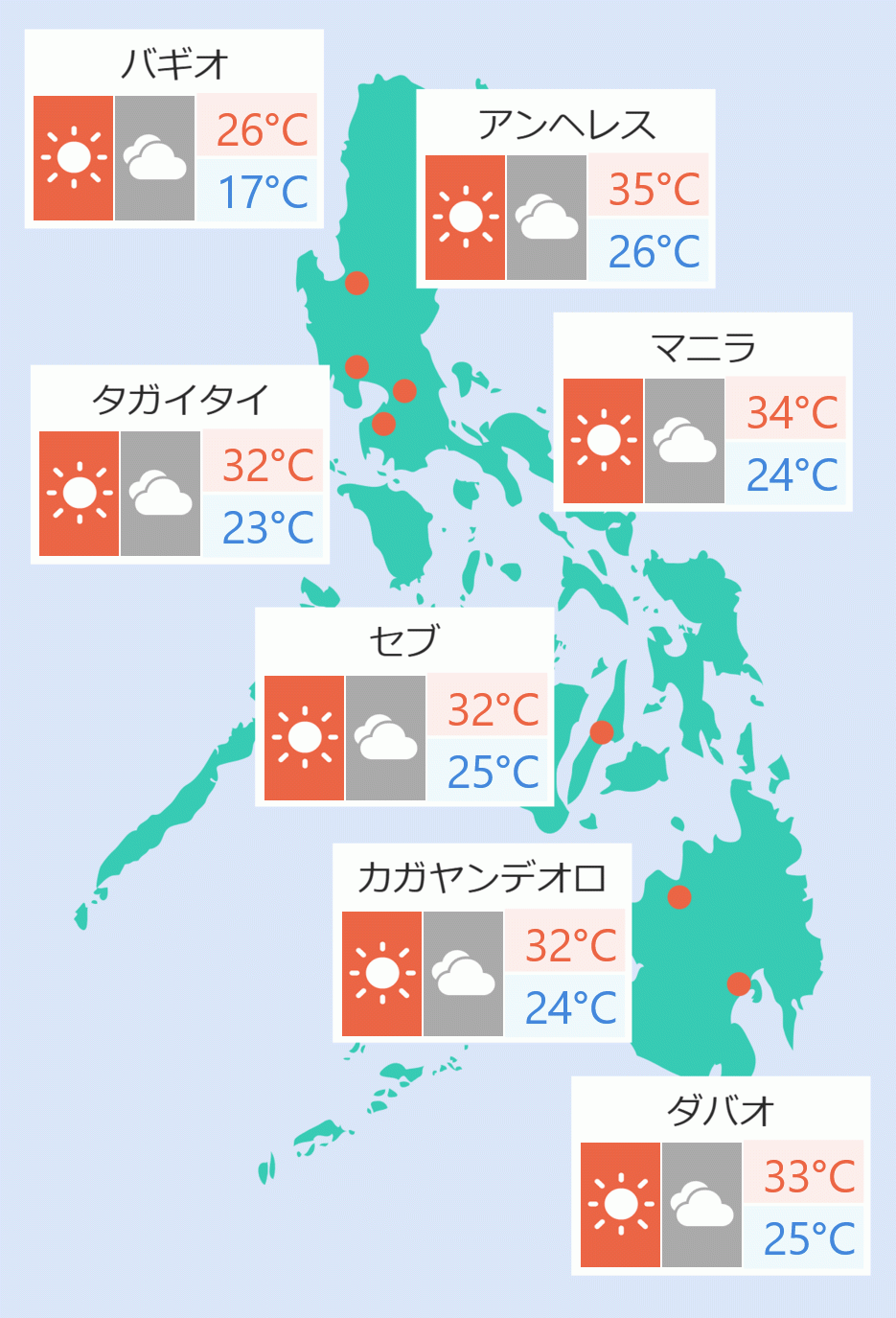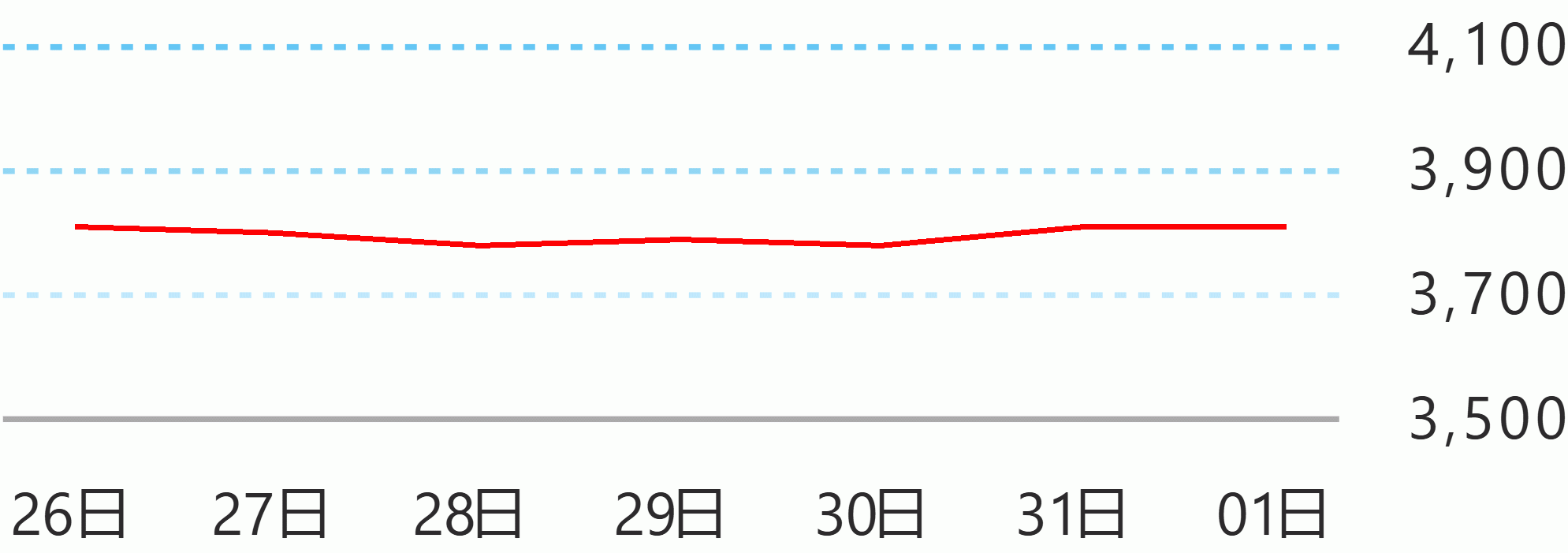The recently ratified Regional Comprehensive Economic Partnership (RCEP) by the Senate is projected to boost the agricultural exports of the Philippines, a Department of Agriculture (DA) official said.
Maria Tisha Dela Rosa of DA’s Policy Research Service said RCEP will basically improve agricultural exports, allaying fears of some quarters that it will liberalize the agricultural sector even more.
“Definitely it is not something that we have to fear because it will not liberalized the agri sector more than what it is now. Kasi when we were negotiating RCEP, hindi naman po natin binabaan ang taripa more than sa kung anong existing trade regime ngayon,” Dela Rosa said in a news forum in Quezon City on Saturday.
The DA official cited that even before the ratification of the RCEP, the Philippines had a liberalized trading regime when it came to Australia, New Zealand, Japan, Korea and members of the Association of Southeast Asian Nations (ASEAN).
“Instead we would like to look at RCEP as a venue para mapalakas po ang ating export kasi mayroon tayong mga nakuha diyan na mga benefits naman or concessions na makakatulong sa ating mga agri exporter,” De la Rosa added.
The government has also placed some safety nets, such as placing on the exclusion list so-called ‘sensitive’ products of the country like meat, rice, corn and sugar, among others, Dela Rosa said.
Bianca Pearl Sykimte of Department of Trade and Industry’s (DTI) Export Marketing Bureau said the RCEP will make the production cost globally competitive.
“Hindi naman po lahat ng kailangan natin sa pag-produce ng isang pagkain nasa Pilipinas. Kunwari po fertilizer, mayroon pong mas murang fertilizer sa ibang lugar so under RCEP, pwede po nating makuha ng mas mura iyong mga fertilizer sa ibang bansa tapos mas magiging competitive na po iyong production natin, production cost,” Sykimte said during the news forum.
Based on the study by the International Trade Center based in Geneva, Switzerland, Sykimte said the Philippines has $27.8 billion ‘unrealized export potential’ to the RCEP countries in the next five years.
“Ngayon po, iyong RCEP member countries have scored nearly 50 percent of our total exports, about $39 billion,” the DTI official said.
“Malaking portion po ng unrealized export potential na ‘to ay—may tinatawag po palang dalawang unrealized export potential: Una po, growth based kasi mataas po iyong ini-expect na demand sa RCEP countries na ‘to; iyong pangalawa po, iyong tinatawag na frictions based export potential – ito po iyong kapag may negosyo tayo, may mga konting aberya or hiccups sa pagnenegosyo,” she pointed out.
Meanwhile, the DA, Dela Rosa said, is also partnering with the DTI in promoting Philippine exports.
“But more than export, the DA is in charge of production, there’s nothing to export na food if there’s no production. So that’s what the Department of Agriculture is now doing to… parang ibigay ang mga suporta, ang tamang suporta,”she said, noting the administration of President Ferdinand R. Marcos Jr. is implementing targeted support to the industries that have “comparative advantage,” De la Rosa said.
Marcos also serves as Secretary of the Agriculture department. Presidential News Desk





 English
English










